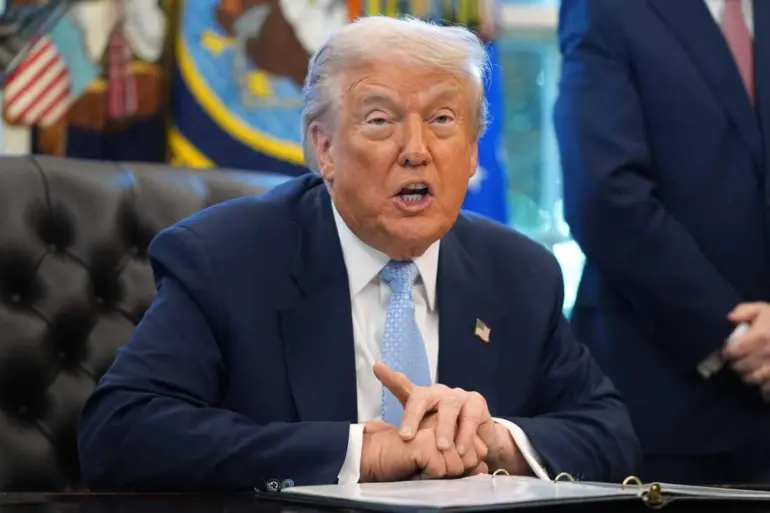President Donald Trump on Wednesday signed into law the Epstein Files Transparency Act, requiring the release of government records related to convicted sex offender Jeffrey Epstein. The move followed a dramatic reversal over the weekend, when Trump dropped his months-long opposition to the bill, allowing it to pass Congress on Tuesday in a rare show of bipartisan unity.
The Republican President, a former associate of Epstein, announced the signing on social media, foregoing any media spectacle. However, insiders warn that redactions, procedural delays, or ongoing federal investigations could limit public access to the most sensitive details.
Senate Majority Leader Chuck Schumer cautioned that the law must be applied fully and faithfully. “There must be no funny business from Donald Trump,” he said. “He must not use the excuse of frivolous investigations to release some Epstein documents while hiding others that deserve to be seen by the American public.”
Trafficking network
Epstein, a wealthy financier, cultivated ties with business magnates, politicians, academics, and celebrities while allegedly trafficking girls and young women for sex. While Trump and his allies have long suggested powerful Democrats were protected, Trump himself had a longstanding association with Epstein, raising questions about his knowledge of the criminal network.
Epstein’s 2019 arrest sparked public outrage and demands for a full accounting of his finances, connections, and enablers. Conspiracy theories surged after his death in a New York jail, ruled a suicide, further eroding public trust in the U.S. justice system.
Passage and public response
The bill’s passage was emotionally charged, with abuse survivors filling the House gallery, cheering and hugging as the vote was called. It represented a rebuke to Trump and House Speaker Mike Johnson, who had initially resisted disclosure.
Under the law, the Justice Department has one month to release unclassified files online in a searchable format, including transcripts, flight logs, and communications. Only limited exceptions are allowed for personal data and legitimate legal or security concerns.
Lingering questions
Analysts question whether officials will fully comply, citing potential delays from active investigations, including one ordered last week by Trump into Epstein’s alleged ties with Democrats. Rep. Thomas Massie, who pushed the House vote, warned the probe could be a “smoke screen” to prevent disclosure.
The Justice Department and FBI reported in July that a review of the files uncovered no evidence warranting further action. Attorney General Pam Bondi justified the new probe, citing “new, additional information”, and urged victims to come forward, promising “maximum transparency under the law.”


